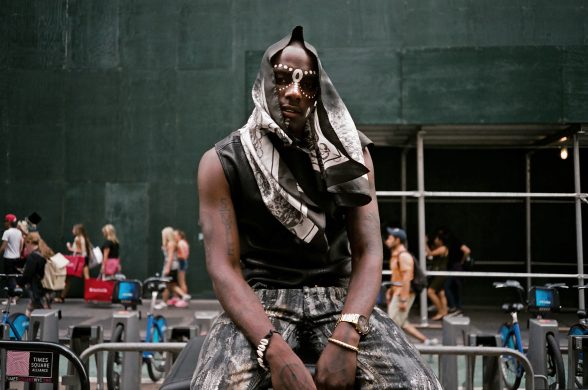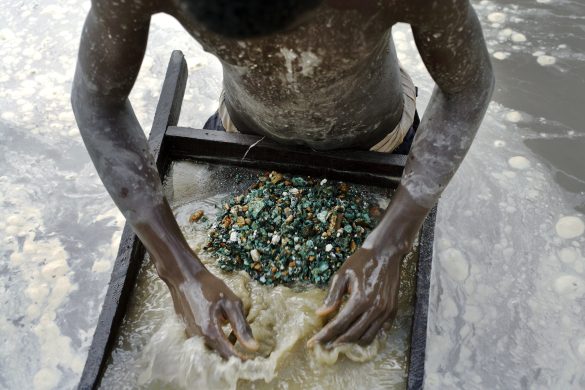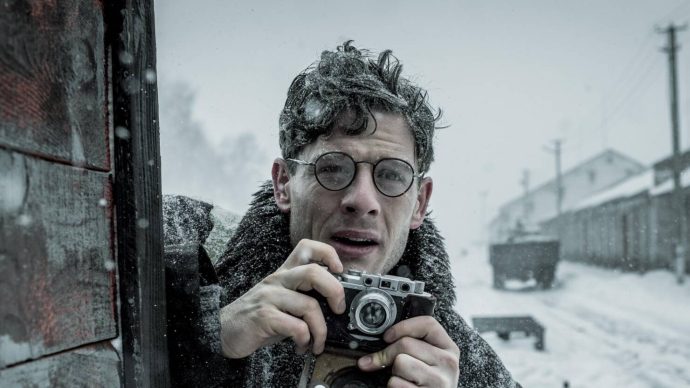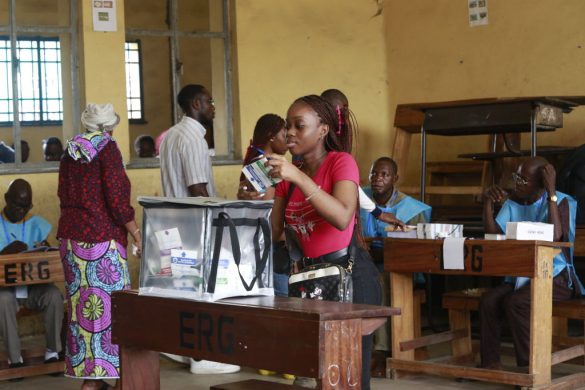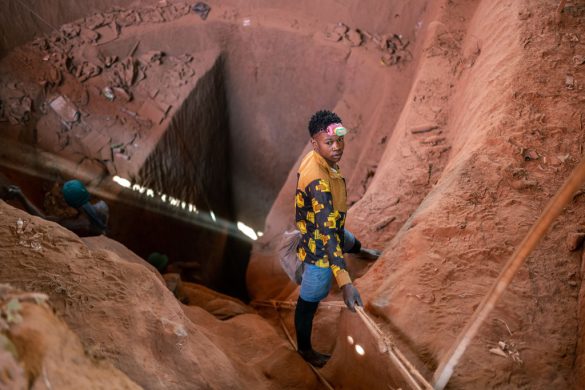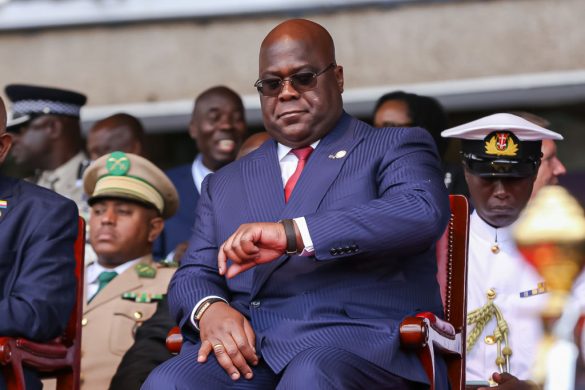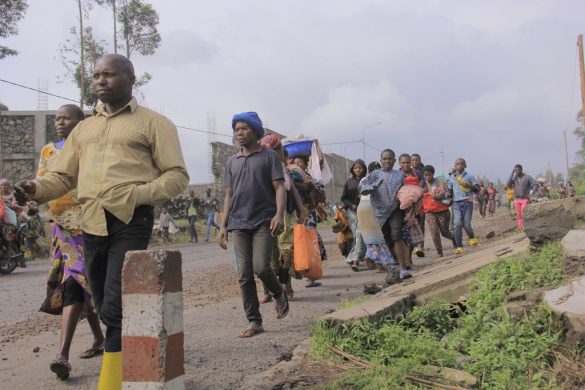The presidential and legislative polls scheduled for 2016 are a potential watershed for the Democratic Republic of Congo (DRC); they could be the first elections held without an incumbent protecting his position.
The prospect of these elections is testing nerves on all sides of the Congolese political spectrum and has already caused deadly violence.
There is an urgent need for President Joseph Kabila to commit to the two-term limit contained within the constitution and ready himself to leave power. Consensus is also needed on key electoral decisions, in particular regarding the calendar and the voter roll.
This will require high-level donor and international engagement. Absent agreement and clarity on the election process, or should there be significant delays, international partners should review their support to the government.
Crisis over Kabila’s wish to stay
The fragmented governing majority is running out of options to avoid the 2016 deadline.
The government’s attempts to amend both the constitution to allow Joseph Kabila to run for a third term and election laws face strong, including internal, opposition, as was evident in the January 2015 mini-political crisis over proposed changes to the electoral law.
This mini-crisis, which triggered deadly violence and repression against pro-democracy activists, gave a first hint of what could be in store for 2016.
In this tense domestic context, engagement by international actors is met with an increasing insistence on national sovereignty that affects in particular the UN Organization Stabilization Mission in the DRC (MONUSCO).
Læs mere hos International Crisis Group og find hele rapporten her.






